PSA Peugeot Citroën's next-generation lithium ion batteries and chargers are set to offer faster charging times and reduced range anxiety for battery electric vehicle (BEV) owners.
Future plug-in hybrids (PHEVs) will have 12kWh batteries (13kWh for SUVs), which are 12 times the capacity of existing PHEV packs and claimed to be 20-30% more powerful than competitors’, at 80kW and 90kW respectively.
Read more: Peugeot, Citroën and DS outline plans for electric and hybrid future
These batteries’ operating range is 210-350V (240-400V for the SUV). A 3.3kW onboard charger tops up PHEV batteries in 4.5 hours, or 2.5 hours if a 6.6kW fast charger is installed.
The BEVs' 7kW onboard charger can deliver enough charge in 90 minutes to drive 62 miles, while a full charge will take eight hours. A wall-mounted fast charger can deliver an 80% charge in 30 minutes, or 7.5 miles of additional range per minute of charging.
Clean electricity needed for clean future
PSA Group chairman Carlos Tavares has sent out a clear message that clean energy sources are vital for the electrification of cars.
“Having clean powertrain technologies and zero-emissions mobility devices is not enough,” he said. “If the energy generation process is not clean then it is not going to deliver an appropriate result.”
The PSA Group’s commercial rebirth under its ‘Push to Pass’ strategy will be driven by a focus on innovation and sustainable technology.
“This is an engineers' company,” Tavares added. “It has always been that way and will continue to be that way.”
An increase in efficiency of research and development activity is expected to save €1.5 billion (£1.14bn) in five years, or €300m (£228m) per year. PSA plans to motivate engineers by giving them back the savings to invest in new programmes.

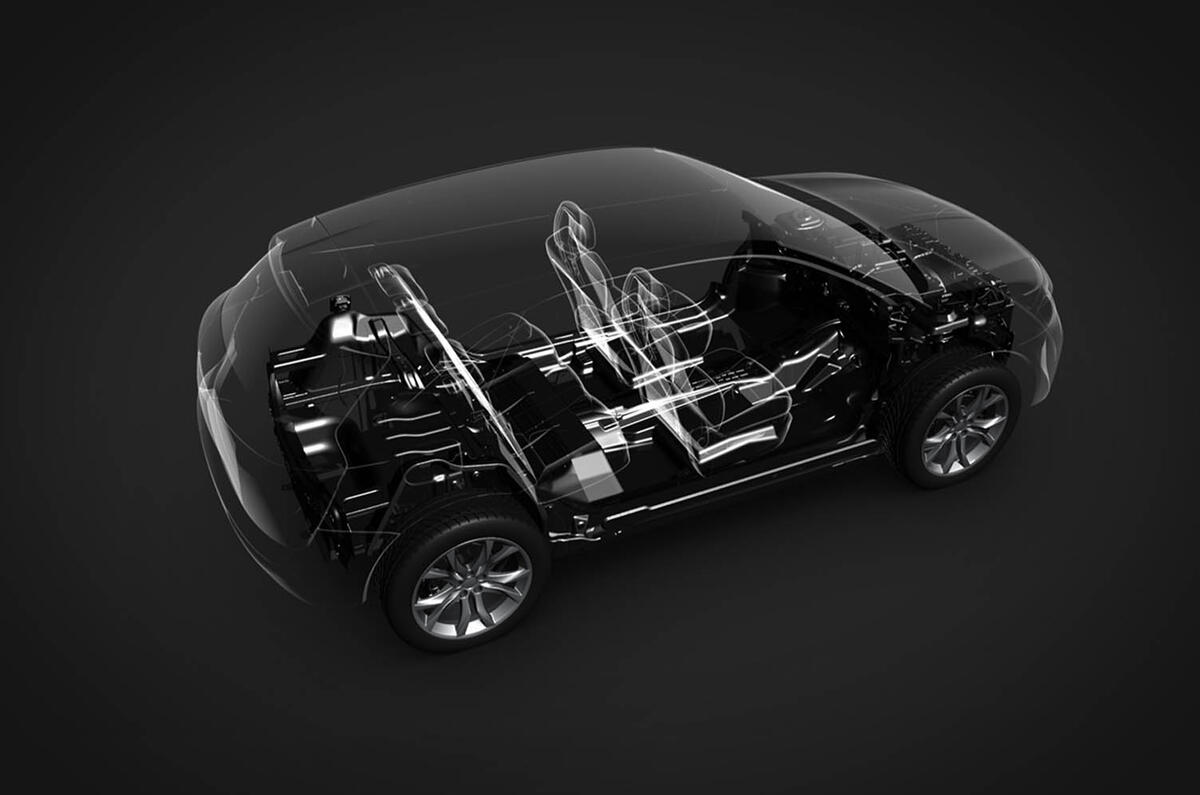
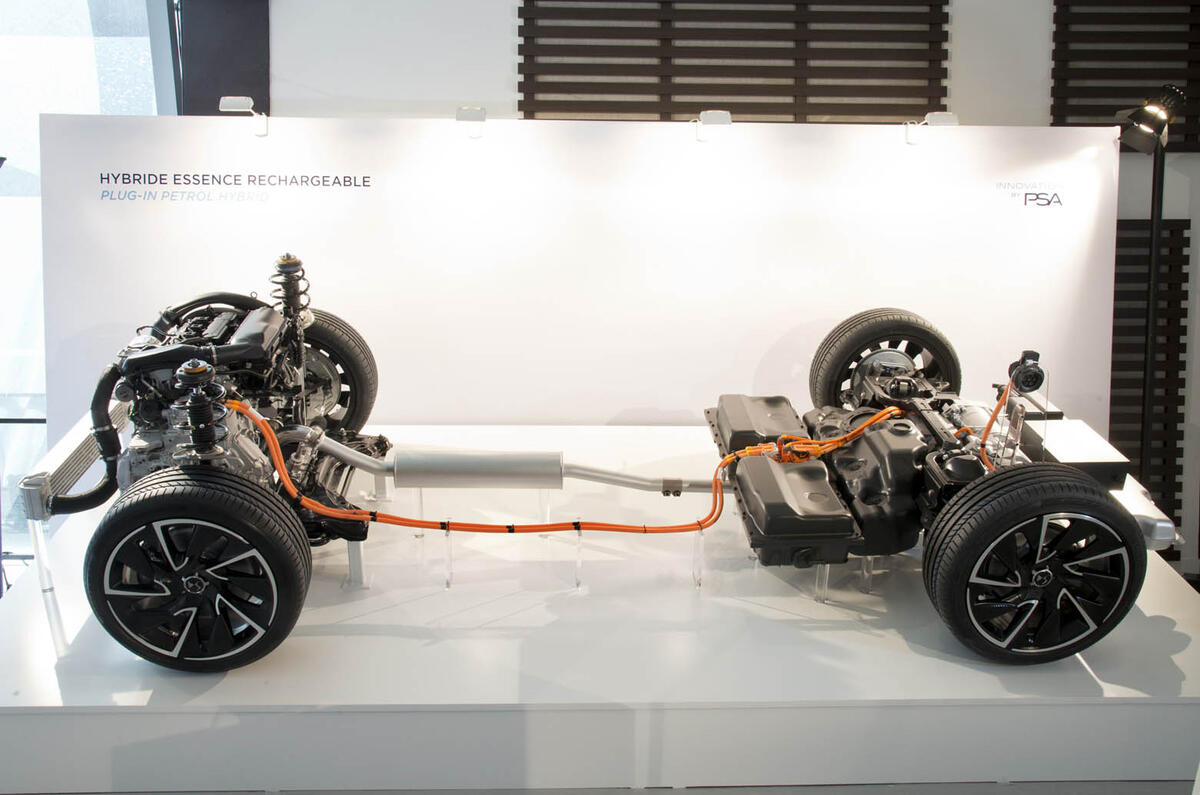
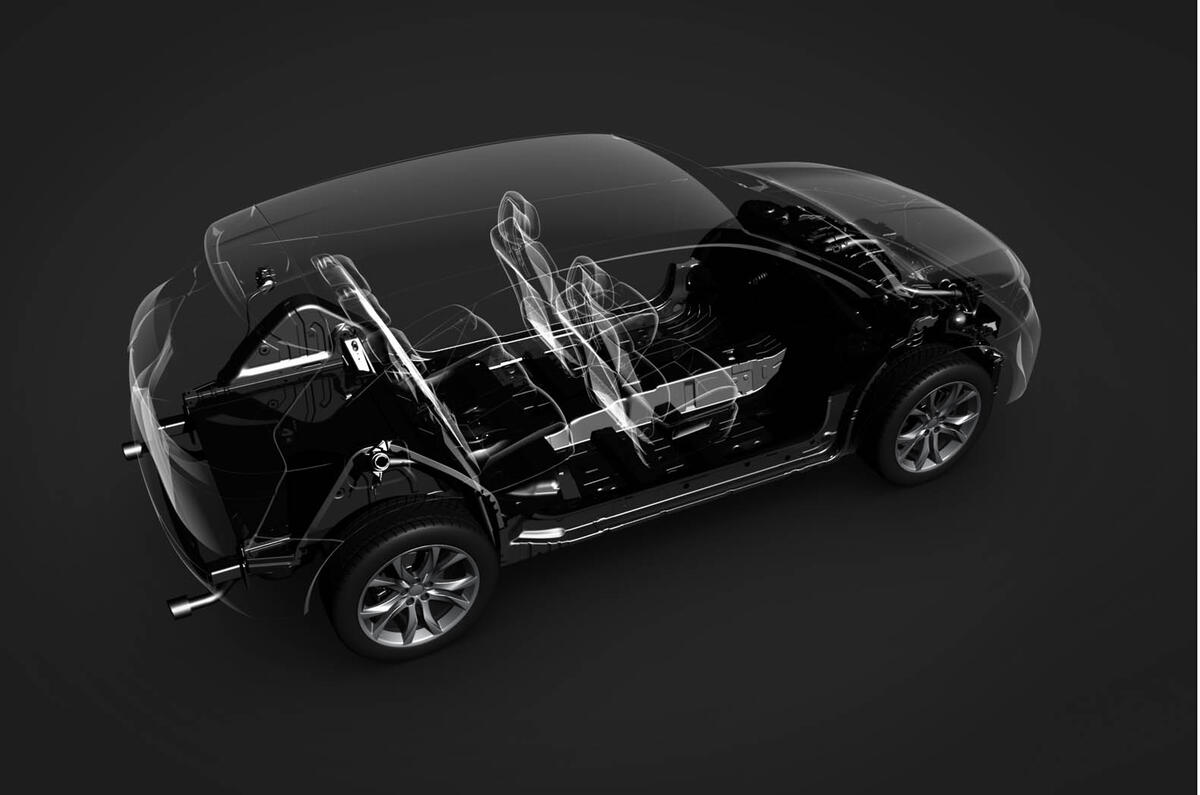
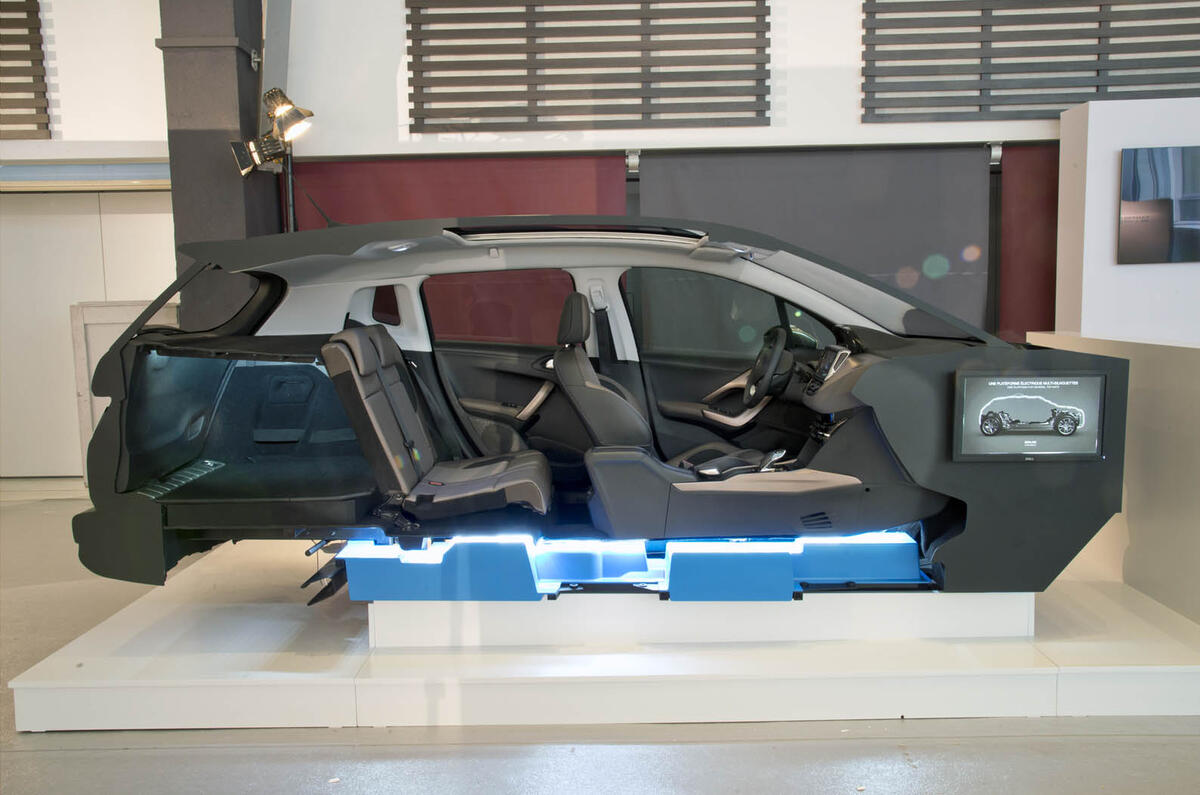
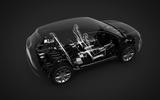
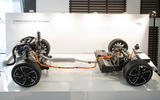
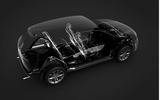
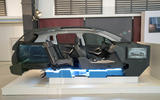


Join the debate
Add your comment
Just follow Norway
Norway leading the wold in being green?
Meanwhile the Norwegians far from being green make virtually all of their countries income from selling huge amounts of oil and gas to everyone else.
Look at how green we are they say, whilst pocketing billions from the oil and gas industry. What Hippocrates.
Norway setting a path to follow either way
In which case more countries should follow the Norwegian example and look at how THEY can increase wind power etc.
Clean energy?
Clean enegy part, Answer
Some from wind power(around 11% in 2015 and growing year on year), some from solar (not much in UK but growing year on year ) big chunk from nuclear (although not everyone says is clean). As to the future, well Wind power/ solar power generation is increasing faster than the rate of EV cars capacity to take it.
As a footnote some states in Germany are producing around 50% of their power needs via wind turbines
Clean energy?
12 X the capacity?
The charger specifications don't seem remotely special either.